Post Incarceration Syndrome Symptoms
Post incarceration syndrome symptoms. A person experiencing hallucinations or psychosis might get medication to control the most severe symptoms but people with anxiety issues. Exposure to violence in prisons and jails can exacerbate existing mental health disorders or even lead to the development of post-traumatic stress symptoms like anxiety depression avoidance hypersensitivity hypervigilance suicidality flashbacks and difficulty with emotional regulation. In addition to PTSD this cluster was characterized by institutionalized personality traits social-sensory disorientation and alienation.
Have spent time in isolation is Post Incarceration Syndrome PICSPICS is a set of symptoms that affect currently incarcerated and recently released prisoners that are caused by being subjected to prolonged incarceration with few opportunities for education job training or rehabilitation. 1 intrusive memories and flashbacks to episodes of severe institutional abuse. They may experience flashbacks of traumatic situations have anxiety about things that remind them of the traumatic experience or even have nightmares about it.
Many people develop PTSD while incarcerated and the symptoms follow them home. Other than learning how to use a cell phone a computer and learning how to drive he had trouble being around other people. Individuals may suffer from cognitive impairment feel on edge develop periodic angry outbursts they may mentally relive events and have distorted or negative feelings about themselves or others.
The narratives indicate a specific cluster of mental health symptoms. Post Traumatic Stress Disorder PTSD ii is. People standing next to you on the metro or walking on the sidewalk getting in your space.
Post-Traumatic Stress Disorder PTSD. Post Traumatic Stress Disorder PTSD. Those incarcerated are controlled their every movement accounted for by the authorities.
1 Institutionalized Personality Traits resulting from the common deprivations of incarceration a chronic state of learned helplessness in the face of prison authorities and antisocial defenses in dealing with a predatory inmate milieu. The symptoms are most severe in prisoners. These symptoms are caused by prolonged incarceration in environments of punishment with few opportunities for education job training or rehabilitation Gorski.
Post-Incarceration Syndrome is a mental condition that affects people who have recently been released from prison and the longer someone is incarcerated the worse it becomes. Symptoms of the Post Incarceration Syndrome PICS 1.
1 Institutionalized Personality Traits resulting from the common deprivations of incarceration a chronic state of learned helplessness in the face of prison authorities and antisocial defenses in dealing with a predatory inmate milieu.
People standing next to you on the metro or walking on the sidewalk getting in your space. It gives me panic attacks. Post Traumatic Stress Disorder PTSD. They may experience flashbacks of traumatic situations have anxiety about things that remind them of the traumatic experience or even have nightmares about it. Post-Incarceration Syndrome is a mental condition that affects people who have recently been released from prison and the longer someone is incarcerated the worse it becomes. The symptoms are most severe in prisoners. Symptoms of the Post Incarceration Syndrome PICS 1. B Presence of one or more of the following intrusion symptoms associated with the traumatic events beginning after the traumatic events occurred. Post-Traumatic Stress Disorder PTSD.
Symptoms of the Post Incarceration Syndrome PICS 1. Have spent time in isolation is Post Incarceration Syndrome PICSPICS is a set of symptoms that affect currently incarcerated and recently released prisoners that are caused by being subjected to prolonged incarceration with few opportunities for education job training or rehabilitation. Other than learning how to use a cell phone a computer and learning how to drive he had trouble being around other people. Post-Traumatic Stress Disorder PTSD. The narratives indicate a specific cluster of mental health symptoms. Those incarcerated are controlled their every movement accounted for by the authorities. Many people develop PTSD while incarcerated and the symptoms follow them home.


.jpeg)




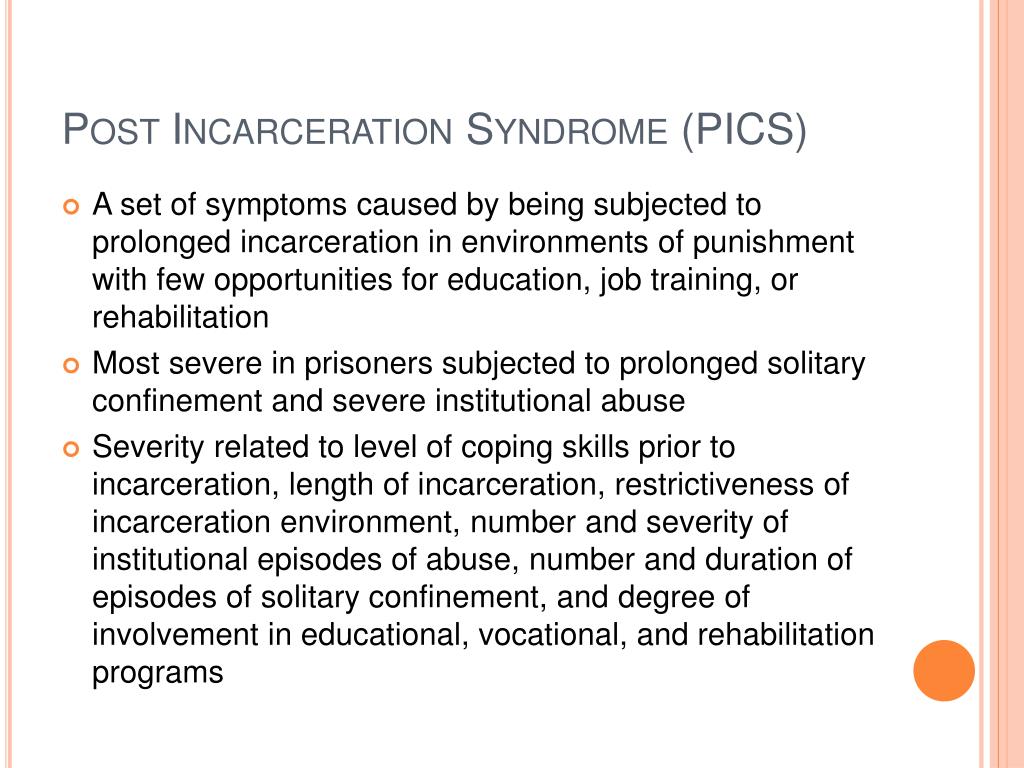



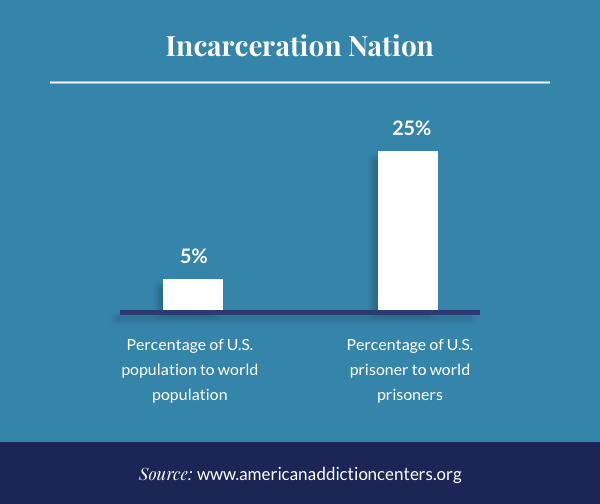
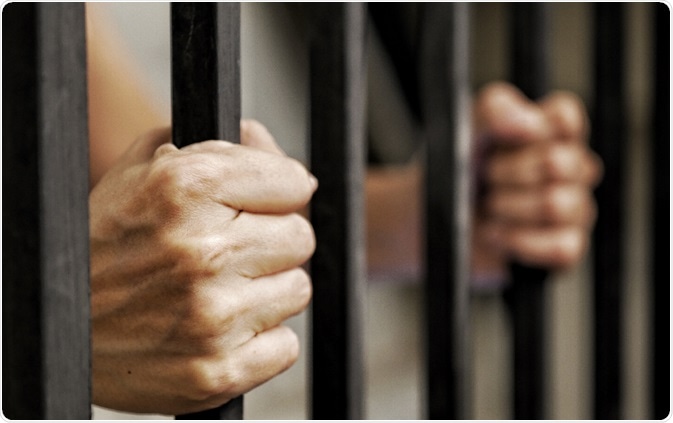


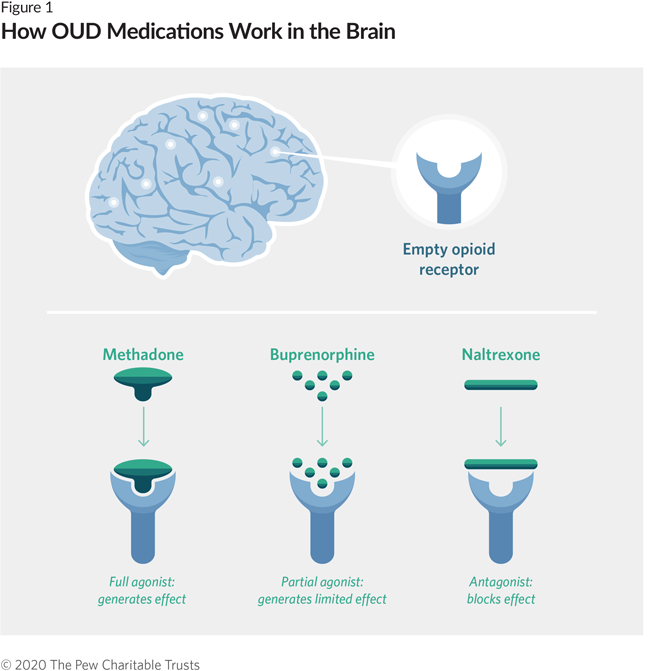



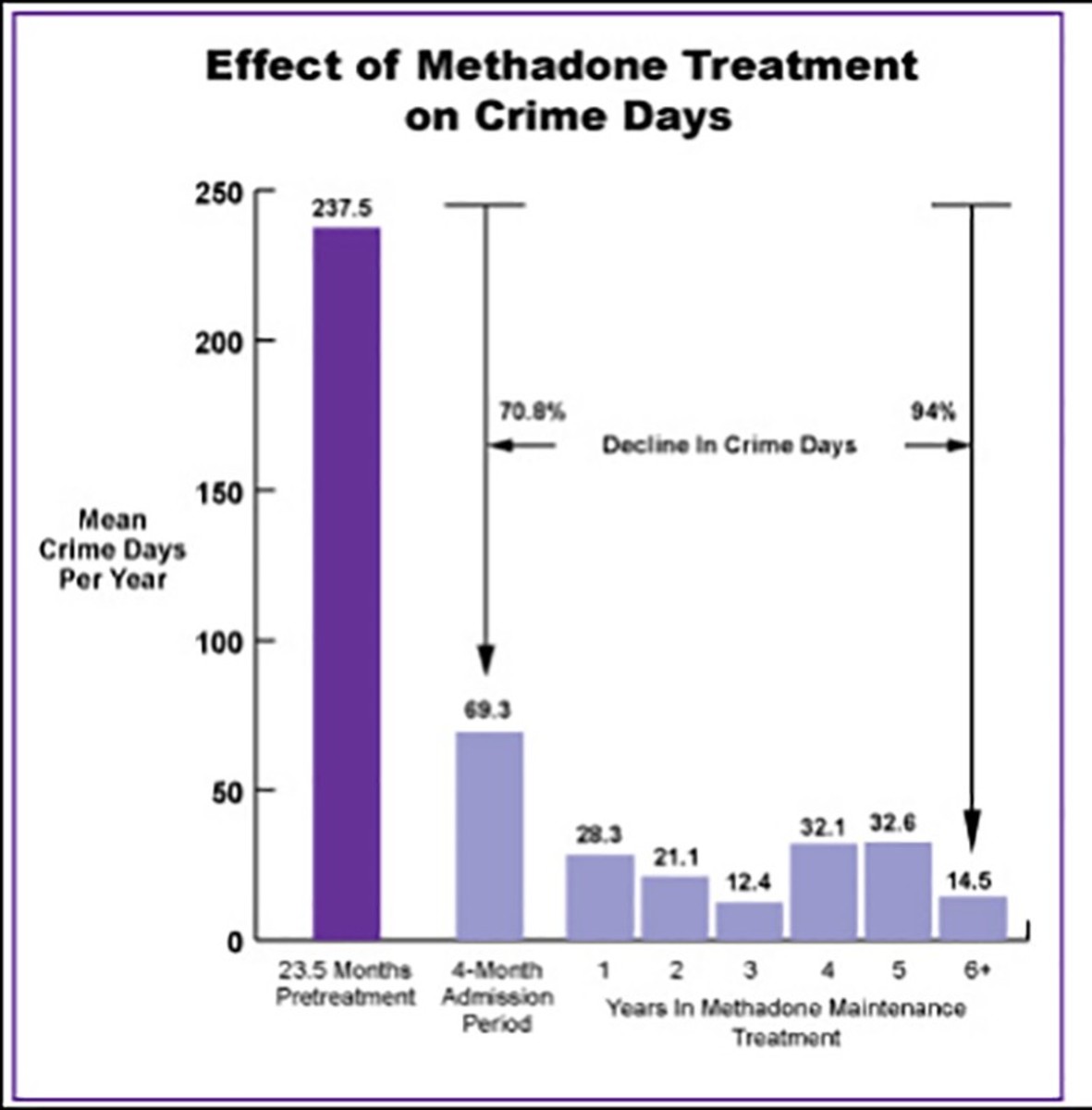
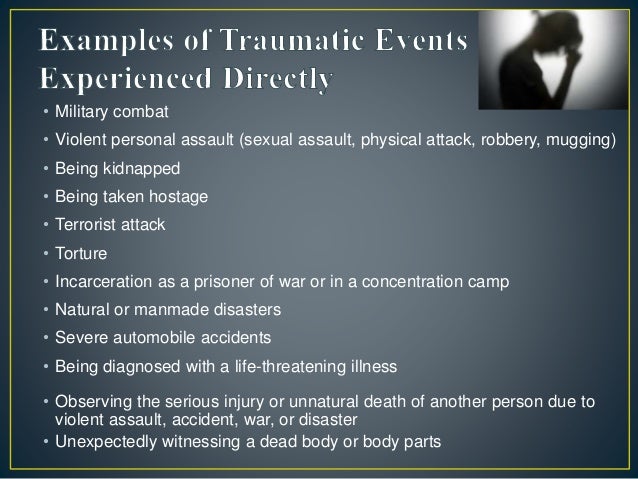

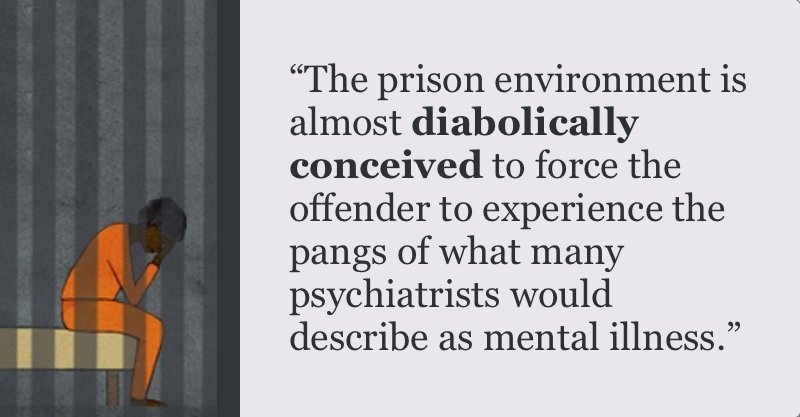


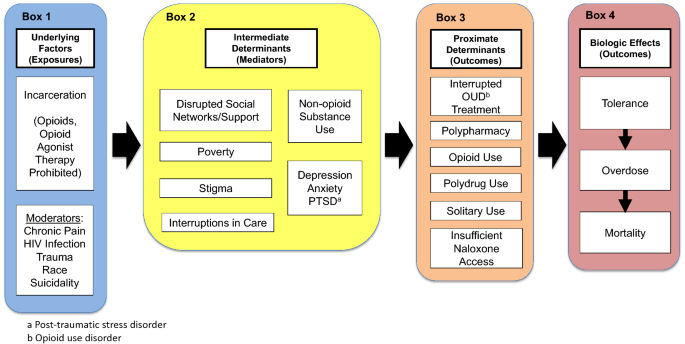
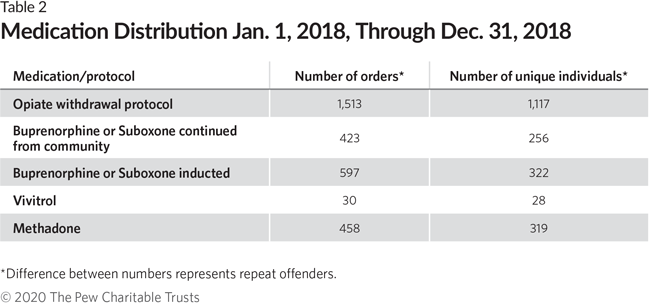
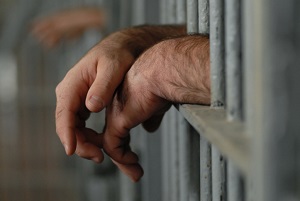

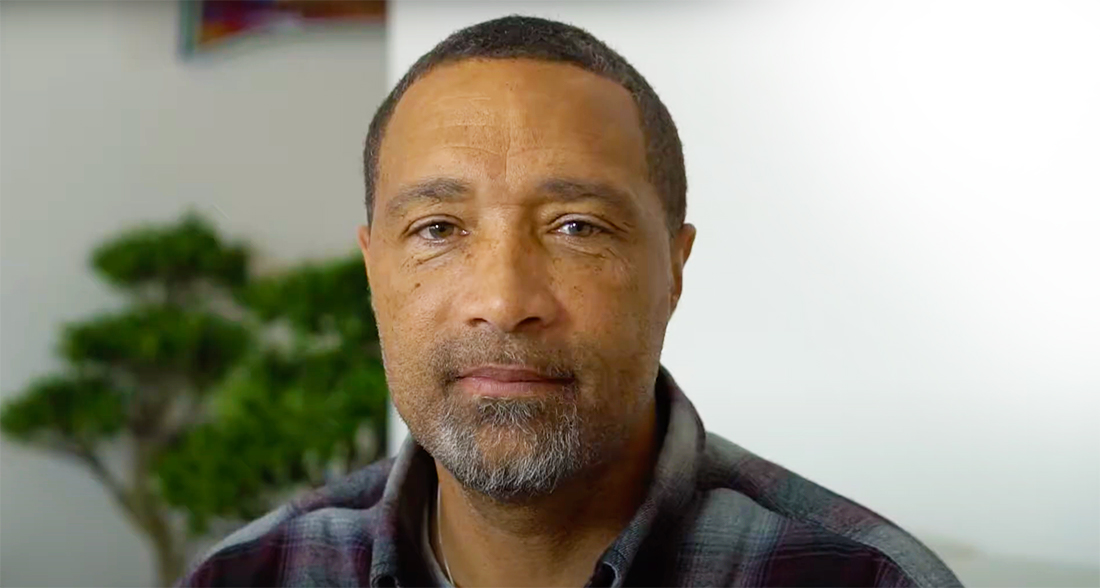




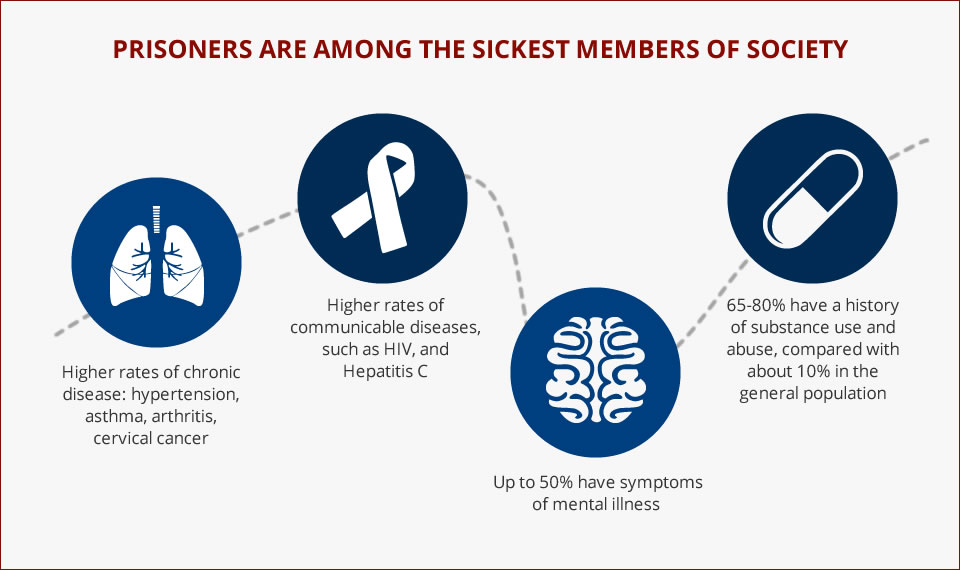




Post a Comment for "Post Incarceration Syndrome Symptoms"